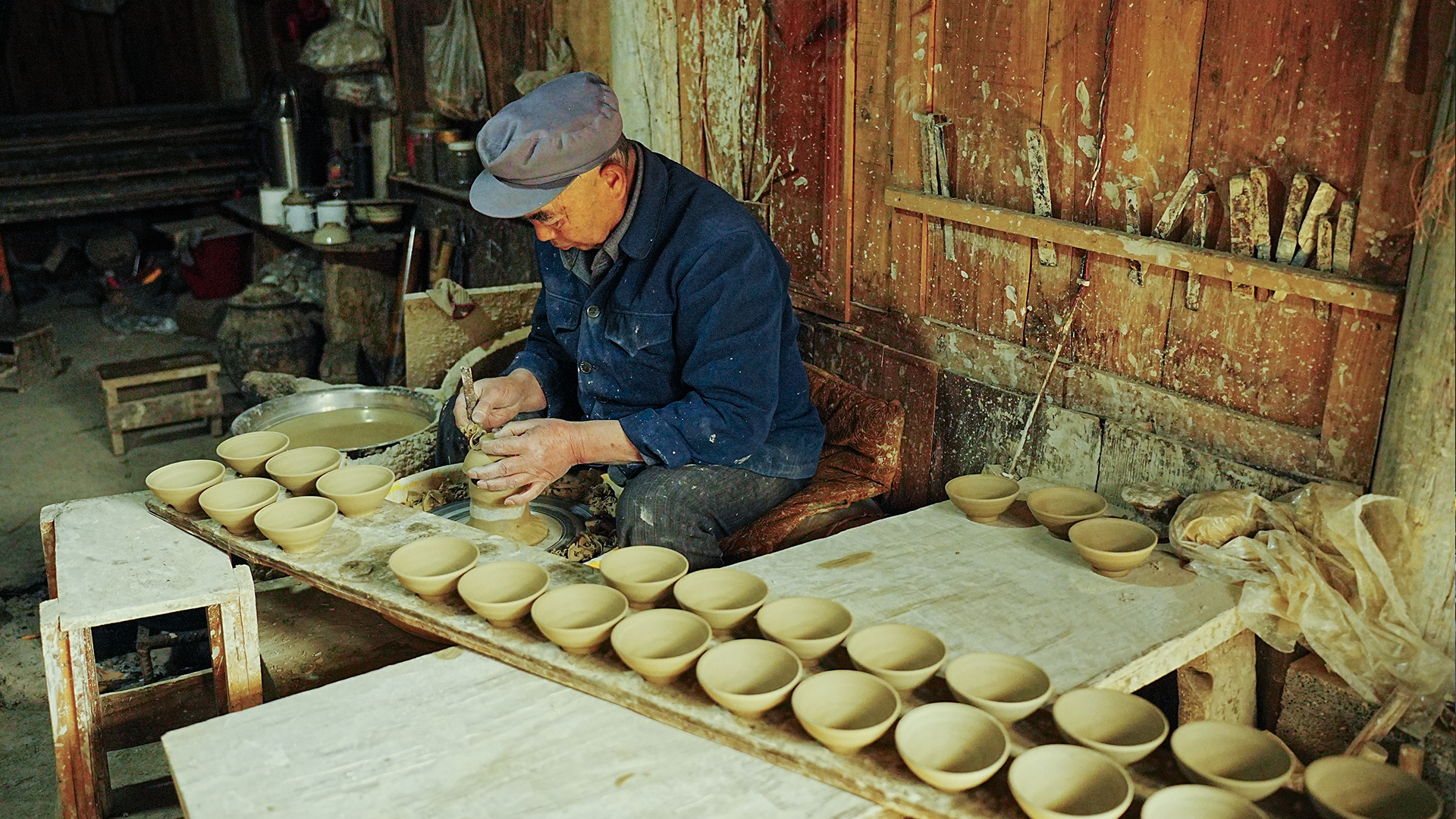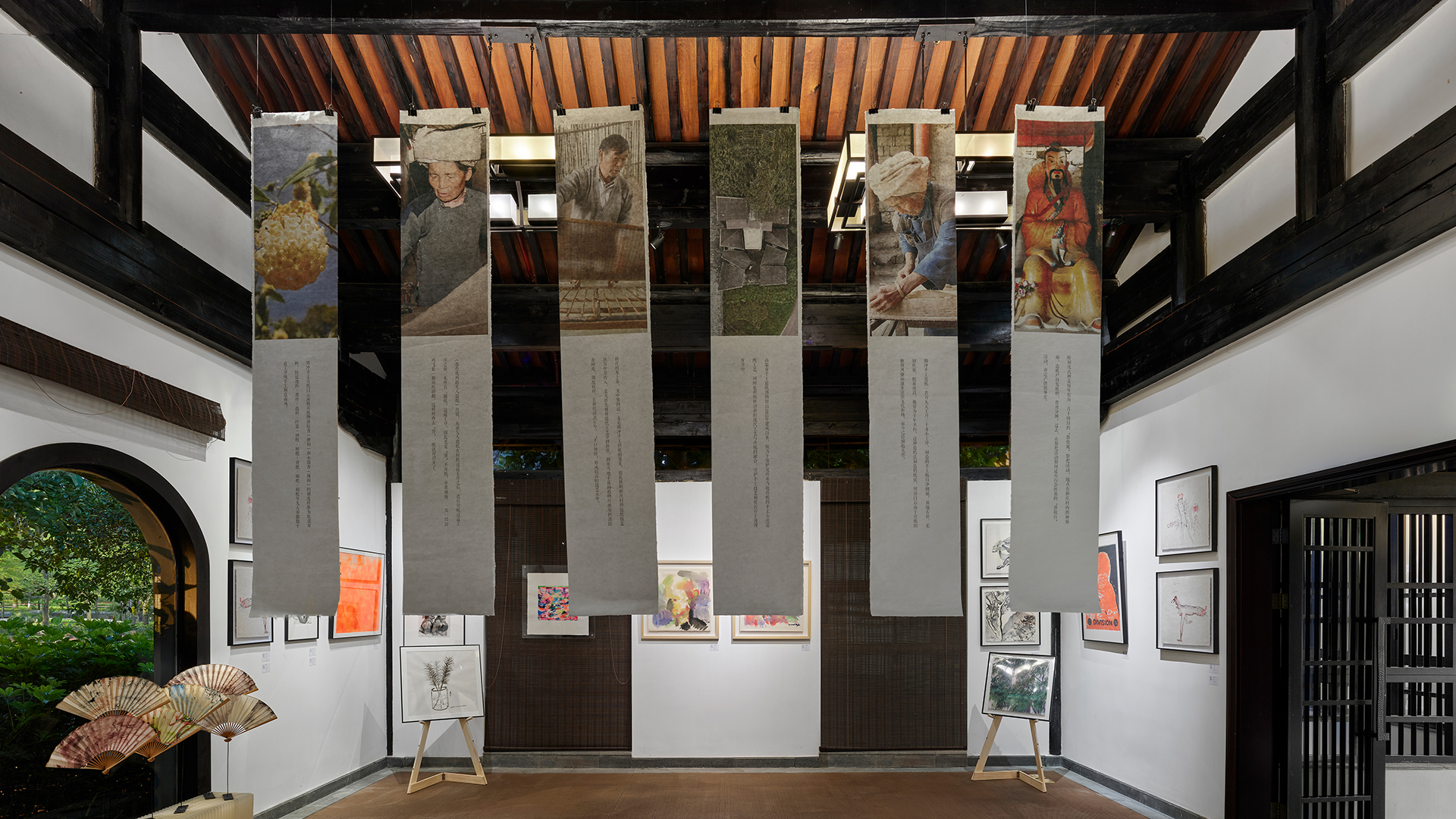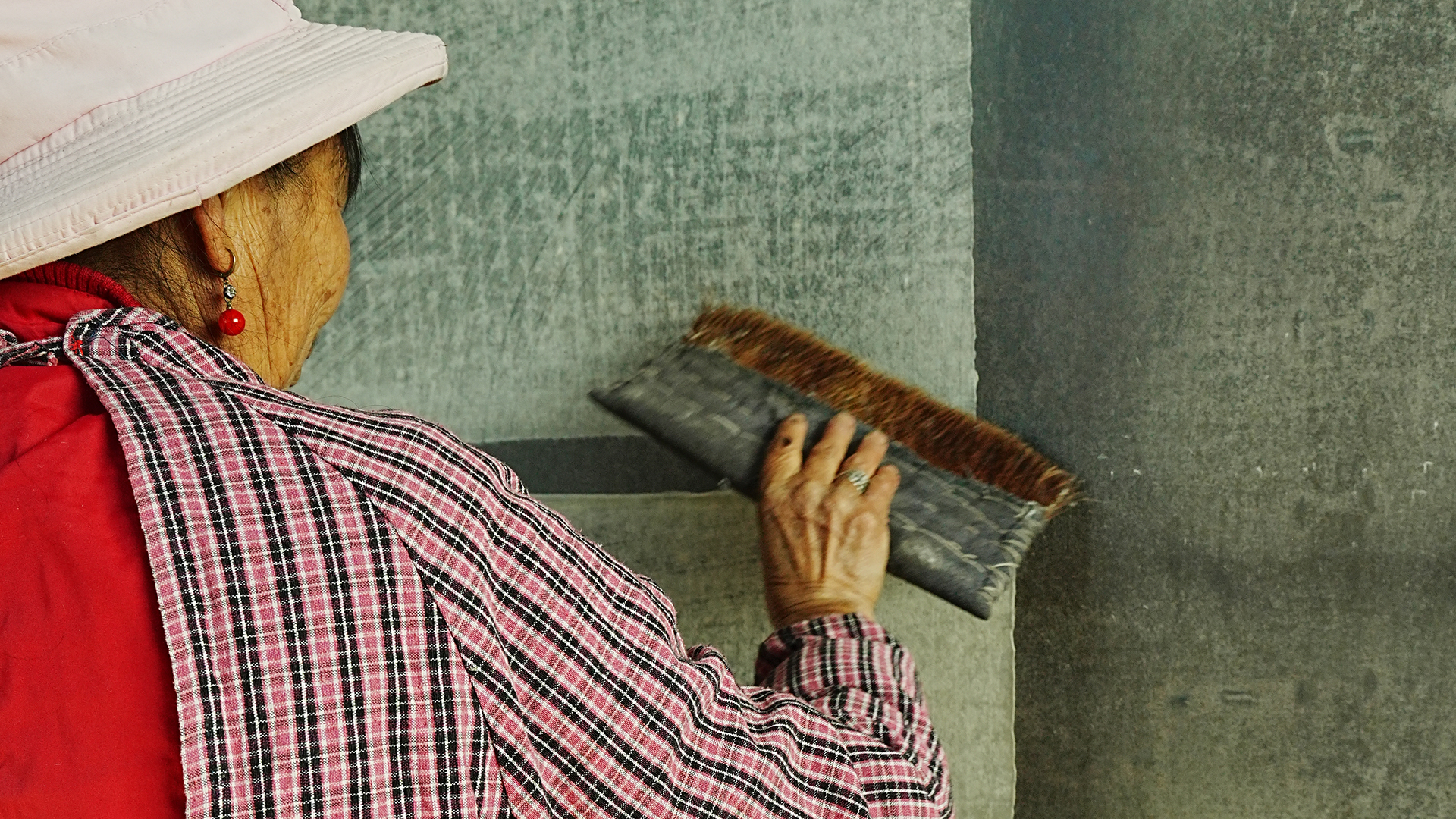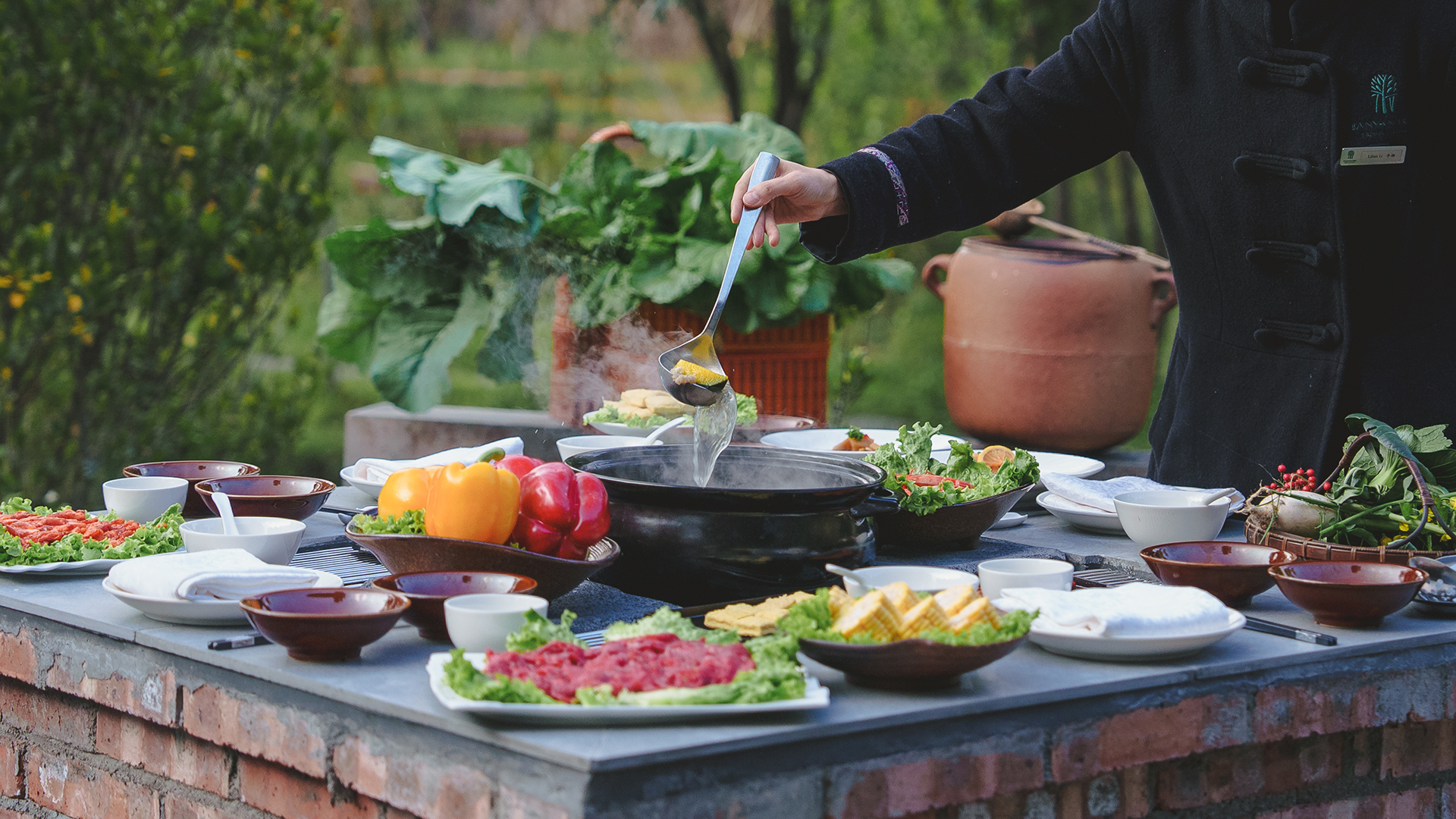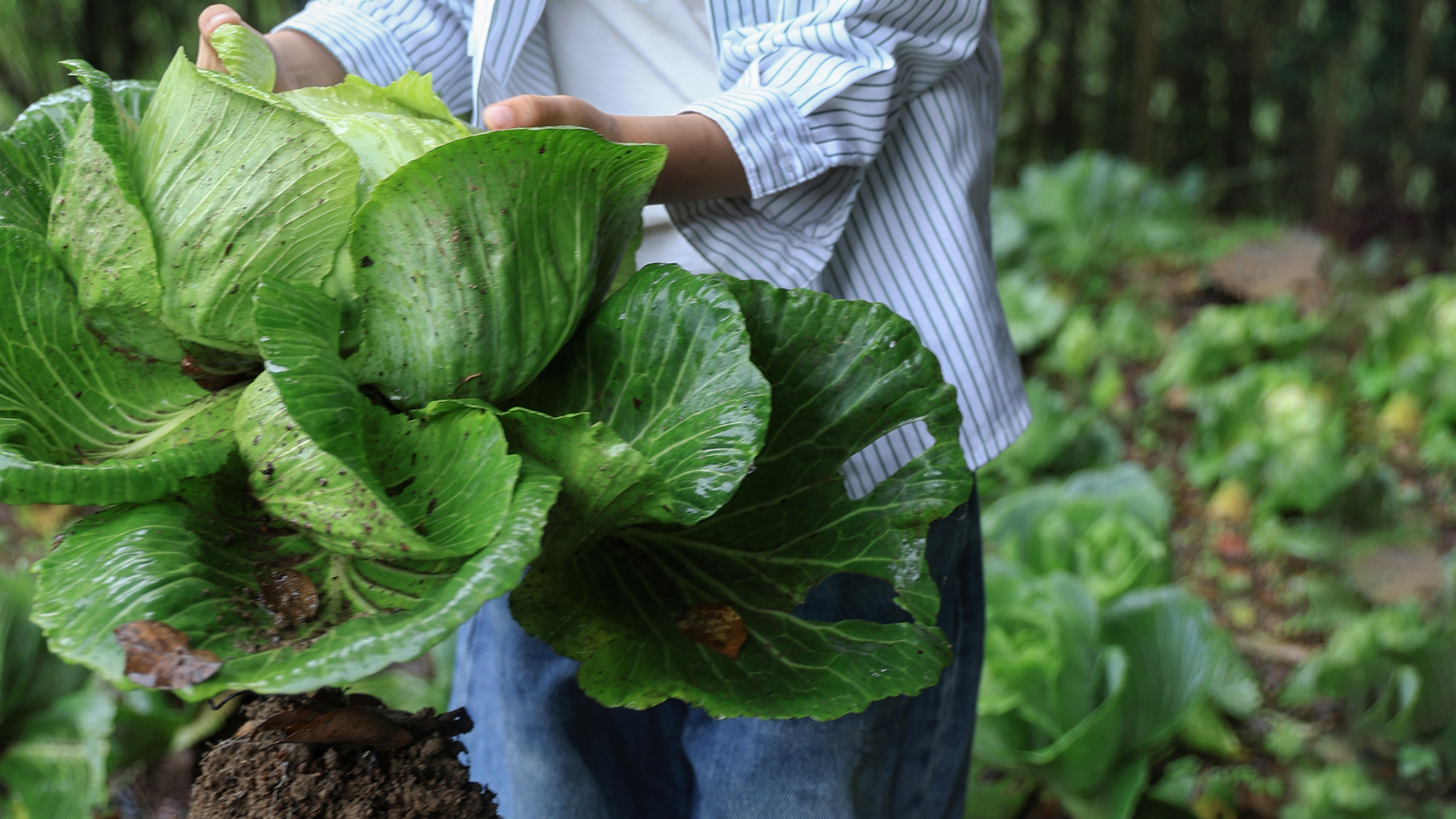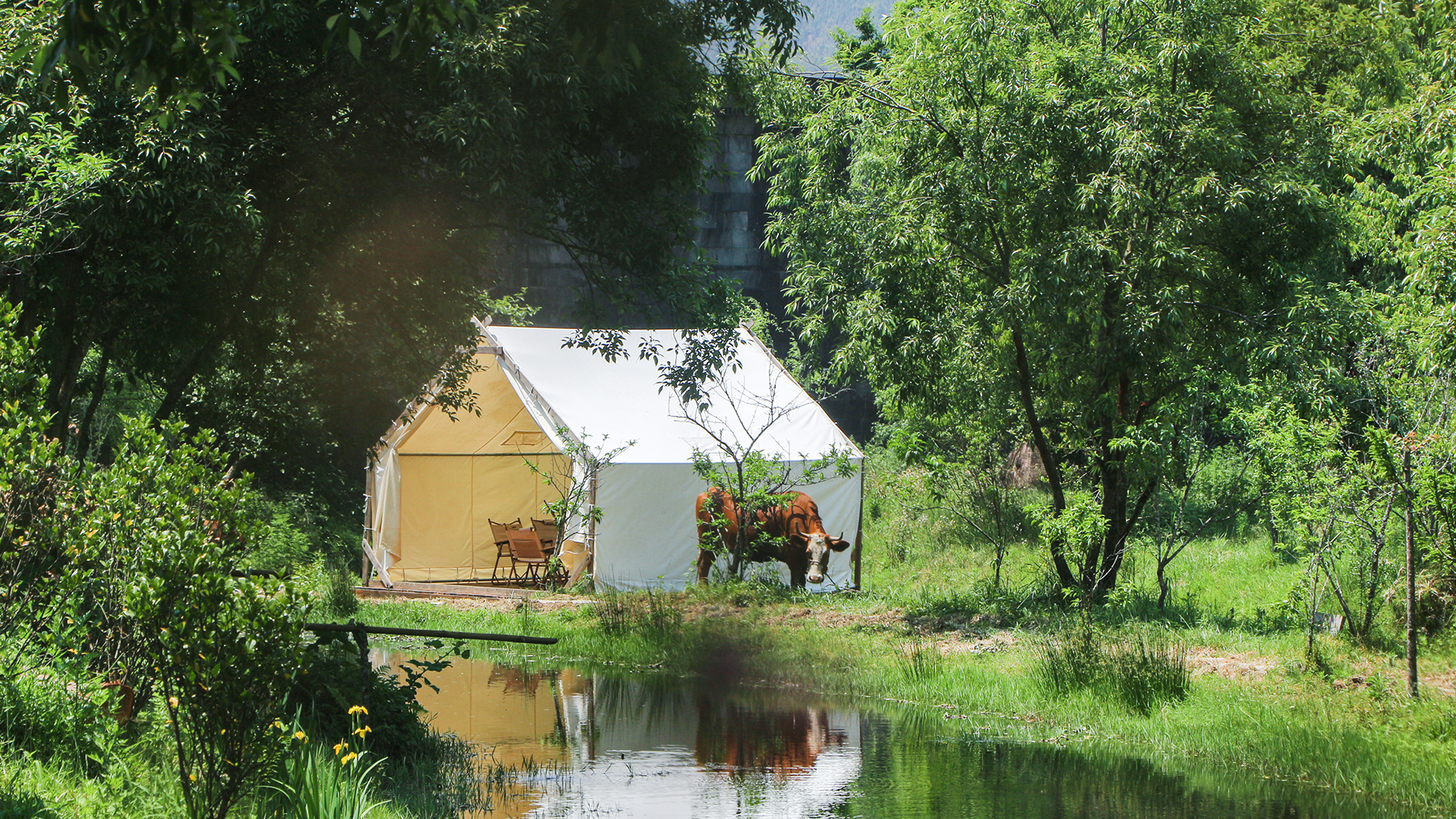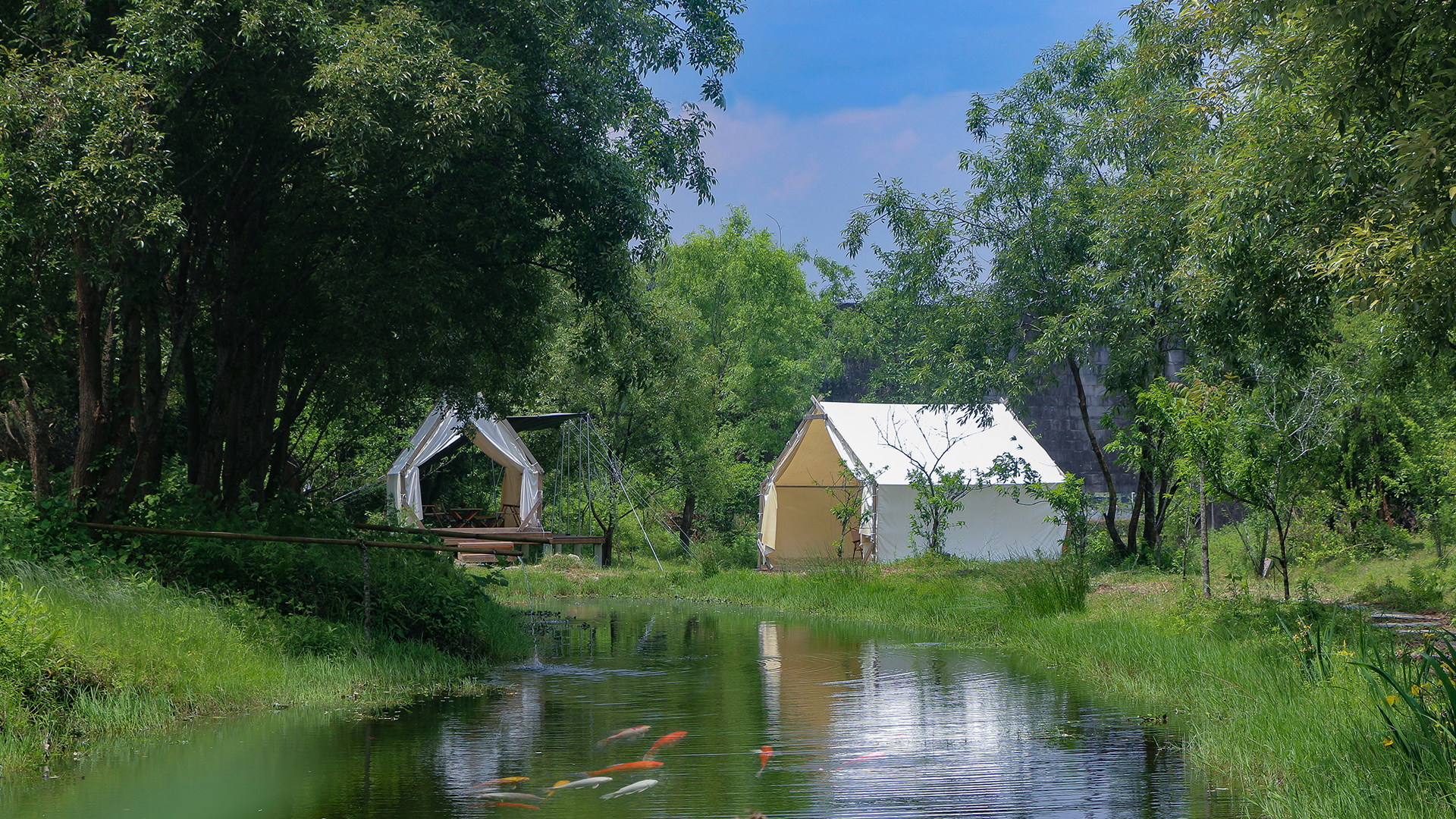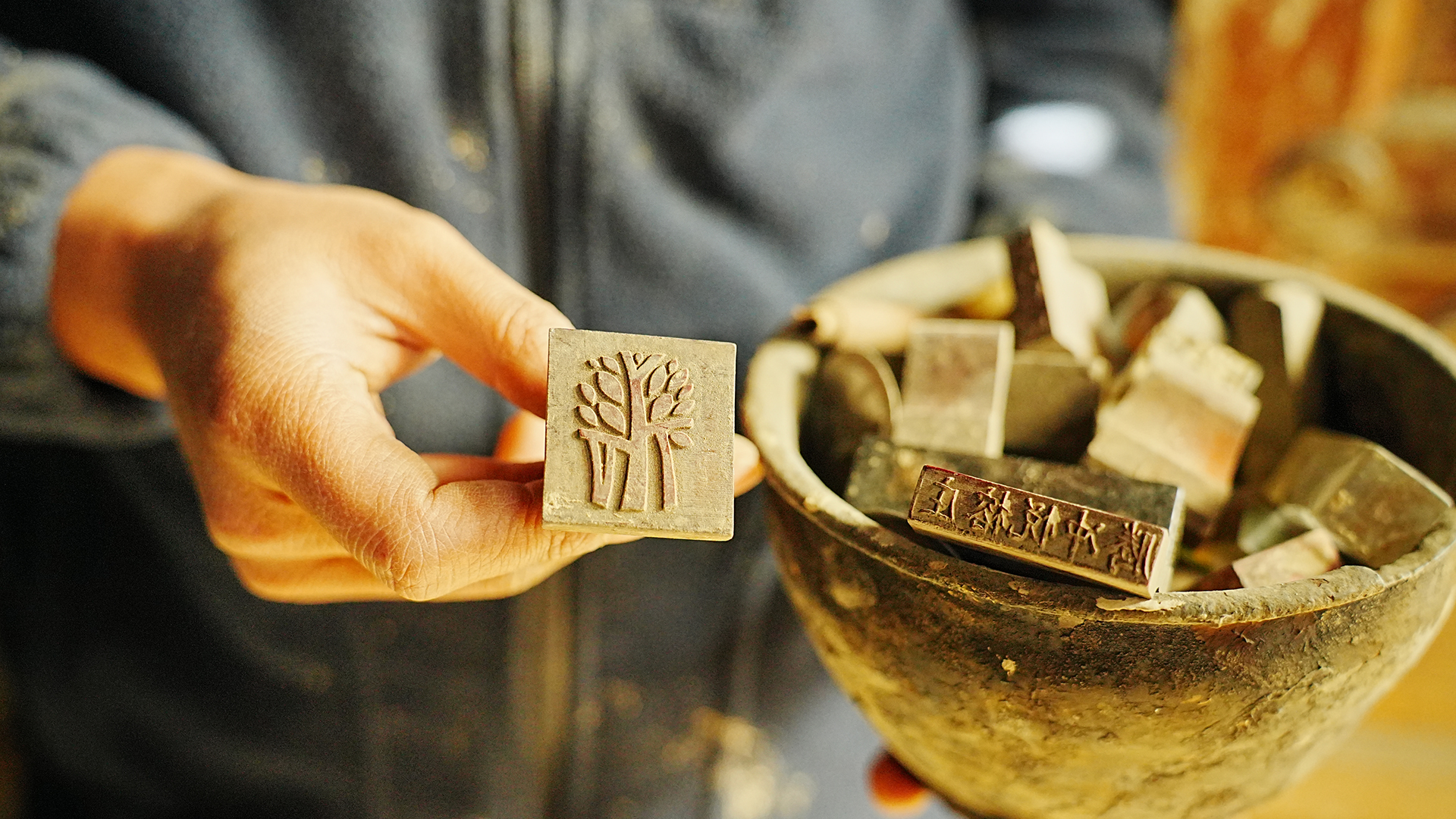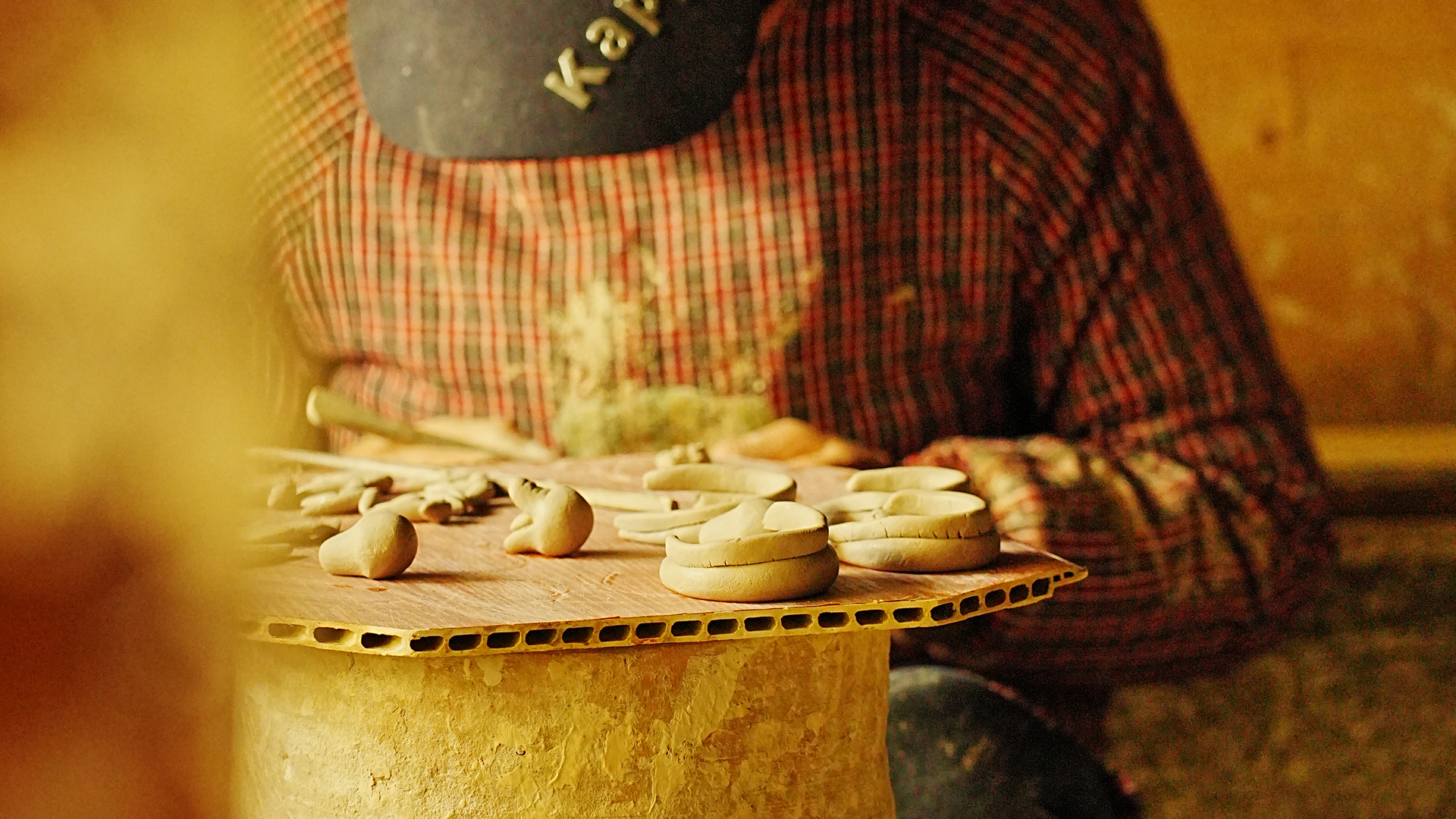STAY FOR GOOD
Banyan Tree Tengchong
Embarking on a Journey of Sustainability
Thoughtfully curated local experiences weave sustainability into each guest’s stay. From eco-farming and heritage preservation to the mindful use of natural energy, the resort brings to life the Banyan Tree philosophy of “Stay for Good” fulfilling its enduring commitment to both the environment and the community.
Landscapes on Paper: The Revival of Intangible Cultural Heritage
In 2012, the Gaoligong Handmade Paper Museum quietly took root amid the fields of Xinzhuang Village, dedicated to reviving and preserving a fading craft. By weaving together traditional papermaking with ecology, folk culture, and hands-on experience, it breathes new life into an ancient art form. In 2024, Banyan Tree and Angsana Tengchong partnered with the museum to establish a “Papermaking Workshop” within the resort. Here, guests can craft their own floral paper and discover the artistry behind each sheet. They may also paint on Tengchong xuan paper umbrellas or print colorful Jia Ma woodblock totems—offering a fresh and vivid expression of intangible heritage in today’s world.
Farm to Table
This sustainable farm cultivates a vibrant array of seasonal vegetables—tomatoes, peppers, eggplants, radishes—each ripening in its own rhythm, shifting in hue from tender green to golden yellow, from pale blush to deep violet, echoing the rhythm of the land.
From farm to table, Banyan Tree Tengchong upholds its commitment to sustainability through mindful cultivation and ecological balance. The farm provides fresh, healthy produce for guests, promotes ecological awareness, and invites participation in hands-on farming experiences—all while protecting the harmony of the natural environment.
Guests are welcome to stroll through the fields, hand-pick fresh vegetables, and prepare them over a traditional hearth in the farmstead, discovering a holistic journey of nourishment and nature.
A Journey into Pastoral Serenity
Step into a landscape reminiscent of Tao Yuanming’s pastoral poetry, and follow the winding “Ding Feng Bo” trail—where one might feel the carefree spirit of Su Dongpo himself, light of step with bamboo staff and straw sandals, echoing through rustling leaves and forest rain, embodying the ease of “let the wind and rain come, I live as I please.”
Or, wander leisurely through the “Organic Garden,” sit quietly by the water, and listen to the gentle murmur of the stream as it washes away the world’s dust. In the tented camp, savor a slow afternoon tea, and immerse yourself in the simple, grounding charm of rural life.
Kiln-Fired Legacy
“Kilns rising like dragons along the mountainside”—according to the Tengchong County Gazetteer, Wanyao Village has over 500 years of pottery-making history. In 1389, ceramic techniques traveled from Hunan to Tengchong, becoming part of daily life through vessels for cooking, storage, and ritual.
The village followed a tradition of “one surname, one craft”: each family specialized in a distinct pottery form. Today, Banyan Tree Tengchong collaborates with the Sun family, keepers of this heritage. From turndown gifts to tea sets used for Leixiang Tea, each piece is handcrafted and stamped with the hotel’s mark—a quiet link between artisan, guest, and the soul of Tengchong.
